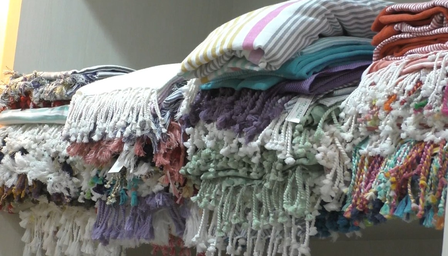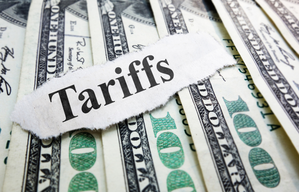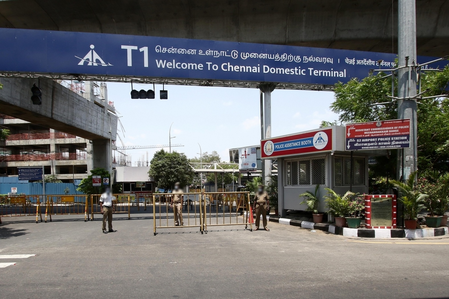
Chennai, July 30 (IANS) The Free Trade Agreement (FTA) recently inked between India and the United Kingdom (UK) is expected to drive strong growth in Indian exports, benefitting the textile manufacturing centres, in particular.
Notably, the FTA, also called as Comprehensive Economic and Trade Agreement (CETA), gives an unprecedented duty-free access to 99 per cent of India’s exports to the UK. This includes labour-intensive sectors such as textiles, leather, marine products, gems and jewellery, and toys, as well as high-growth sectors like engineering goods, chemicals, and auto components.
After the FTA, many employment-intensive sectors like textiles, garments, leather goods, engineering products and jewellery are hoping to reap huge benefits because of the incentives and duty-free access to UK markets. The duty exemptions will make Indian products more competitive and open up new opportunities in the overseas market.
Karur, a well-established textile hub in the country, is excited and upbeat over the growth prospects in the coming years. Karur, a city in Tirupur district of Tamil Nadu, is a hub of India’s ready-made garments sector and is likely to see an increase in demand for green garments and high-value products in UK markets.
This will lead to a significant boost in exports, investment expansion and employment. Moreover, these will help in skills development and technological advancement.
Currently, India exports textiles and ready-made garments worth around $1.4 billion per year to the UK. With the FTA, this volume is expected to double in the next 5-6 years.
“The FTA is not just about trade growth, it represents comprehensive economic partnership built on trust between the two countries. We thank the Prime Minister for successfully concluding this agreement,” said Homeline Textile’s Angelina Stephan Babu.
Notably, the FTA ensures tariff elimination on about 99 per cent of tariff lines, covering India’s nearly entire trade basket. This means nearly 100 per cent of Indian goods such as textiles, leather, marine products, gems and jewellery, toys, chemicals, engineering products, and agri-products will enter the UK market at zero duty.
–IANS
mr/uk




